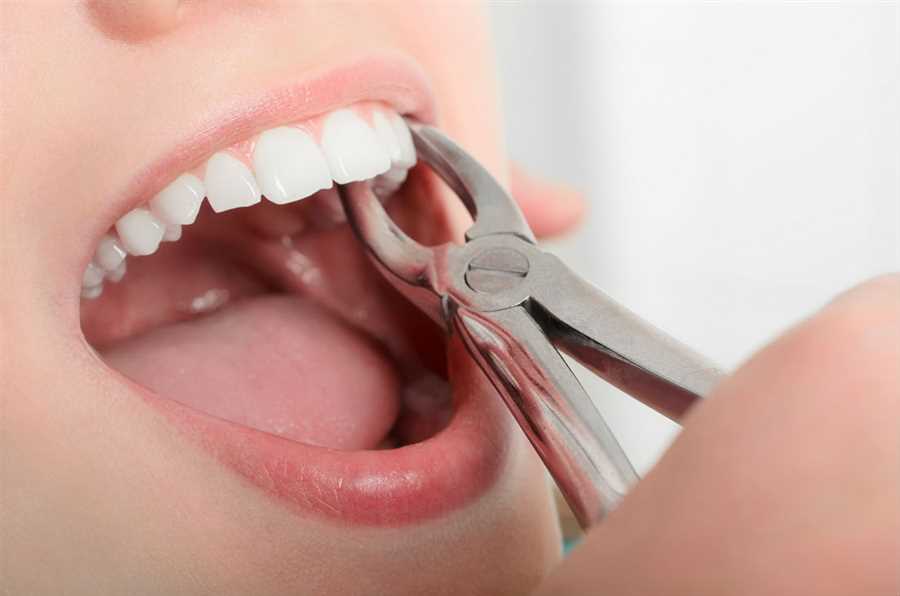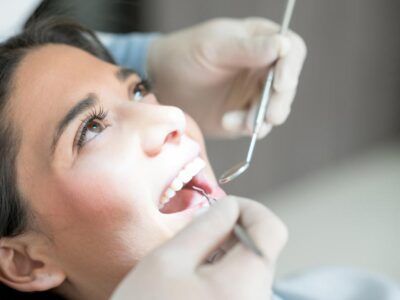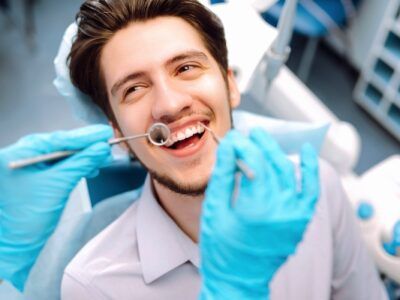Tooth extraction is usually the last resort, especially if there are other dental options available at your dentist’s clinic. However, if it is a must, you probably want an expert dentist to remove it. The procedure involves pulling the tooth from your mouth because of various things including overcrowding or tooth decay. Dr. Miloslavskiy offers several dental procedures including extractions in Bellevue. The professional performs quick extractions with accelerated healing, thanks to regenerative medicine. Though an extraction is usually the last resort, your doctor will recommend it if he knows it is the only way to enhance your dental health.
When will your dentist recommend a tooth extraction?
Your dentist will suggest repairing your damaged and broken teeth with a crown, filling, or any other best-suited dental treatment in several instances. However, the expert will advise for extraction if the damage is past repair. Extraction will be necessary if:
- The decay has penetrated deep into your tooth.
- You have overcrowded teeth and there is not enough room in your mouth to accommodate them all.
- You experience dental injury or trauma.
- Your child’s baby teeth fail to fall out in time to create room for permanent teeth.
- Your doctor has to perform an orthodontic treatment.
What are the procedures your dentist will use to extract your tooth?
There are two extraction types your dentist will likely suggest: simple and surgical. Your tooth removal technique will depend on whether the problematic tooth is impacted or visible. Your dentist will numb the treatment area with local anesthesia to shield you from extraction pain during a simple extraction. He will then loosen your tooth with an elevator before removing it with forceps.
On the other hand, your doctor will give you both intravenous and local anesthesia in surgical extraction. While the intravenous anesthesia helps you remain relaxed and calm, your dentist may also give you general anesthesia to ensure you remain unconscious throughout the procedure. After the preparations, your doctor will make a small incision in the treatment area to remove your tooth’s surrounding bone or cut the affected tooth before extraction. He will then grasp your tooth with forceps and gently rock it to loosen it from your jawbone and the ligaments holding it in place.
What are the various precautions you must take to recover from a tooth extraction?
The discomforts that come with tooth extraction take time to heal. To help minimize infection risks, pain, and speed-up recovery, your dentist will advise you to take various steps including:
- Eat soft foods until the extraction site heals.
- Apply an ice bag on the treated area immediately after the procedure to minimize swelling.
- Avoid brushing or flossing near the site.
- Prop your head with a pillow when you are lying down.
- Take your prescription medicine.
- Do not rinse your mouth for 24 hours after extraction and if you must spit, do it gently.
- Avoid using a straw for 24 hours after the extraction.
- After approximately 24 hours, rinse your mouth with a solution of warm water and half a teaspoon of salt.
If you are experiencing severe pain that fails to go away after several infection signs, do not hesitate to contact your dentist for professional help. Brief him of the medications you could be taking as well as other supplements you are currently on. Contact the dental experts today or schedule an appointment for all your extraction inquiries.













Comments